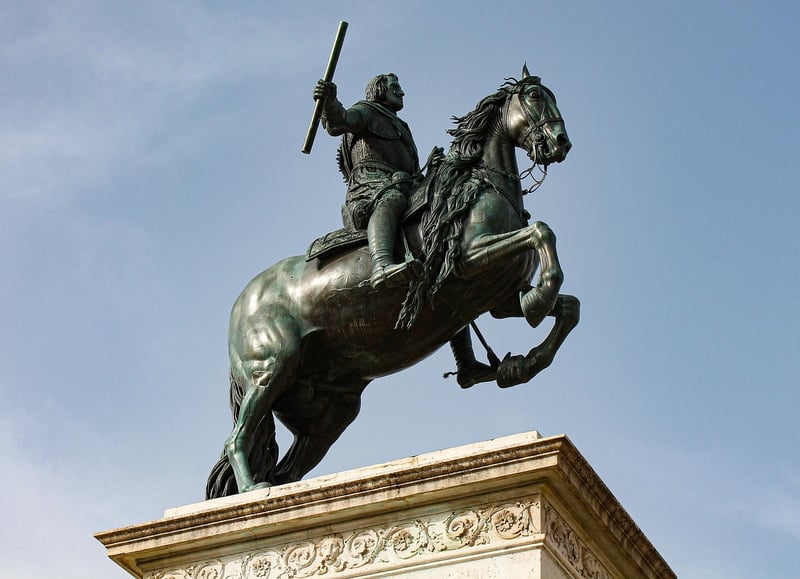Altering History
The Consequences of Altering History
Throughout history, there have been many instances where individuals or groups have attempted to alter the course of events for various reasons. However, the consequences of such actions can be far-reaching and unpredictable.
Unintended Consequences
One of the primary risks of altering history is the potential for unintended consequences. Changing a single event can have a ripple effect, leading to a cascade of changes that may not have been foreseen. This can result in a completely different present and future than what was originally intended.
Butterfly Effect
The concept of the "butterfly effect" illustrates how small changes can have large, unforeseen effects. Just like the flapping of a butterfly's wings can cause a hurricane on the other side of the world, altering a seemingly insignificant event in history can have profound and widespread repercussions.
Loss of Cultural Heritage
Changing historical events can also lead to the loss of cultural heritage. Each event contributes to the rich tapestry of human history and shapes the identity of societies and individuals. By altering these events, we risk erasing important aspects of our collective past.
Moral and Ethical Dilemmas
There are also moral and ethical dilemmas associated with altering history. Who has the right to decide which events should be changed? What are the ethical implications of manipulating the past to suit certain agendas or beliefs? These questions raise complex issues that must be carefully considered.
Conclusion
While the idea of altering history may seem enticing, the consequences of such actions are profound and unpredictable. It is essential to respect the integrity of the past and learn from it, rather than attempting to rewrite it for personal or political gain.

Remember, history is a complex tapestry woven together by countless events and actions. Each thread is essential to the whole, and altering even a single thread can unravel the entire fabric of our shared past.
